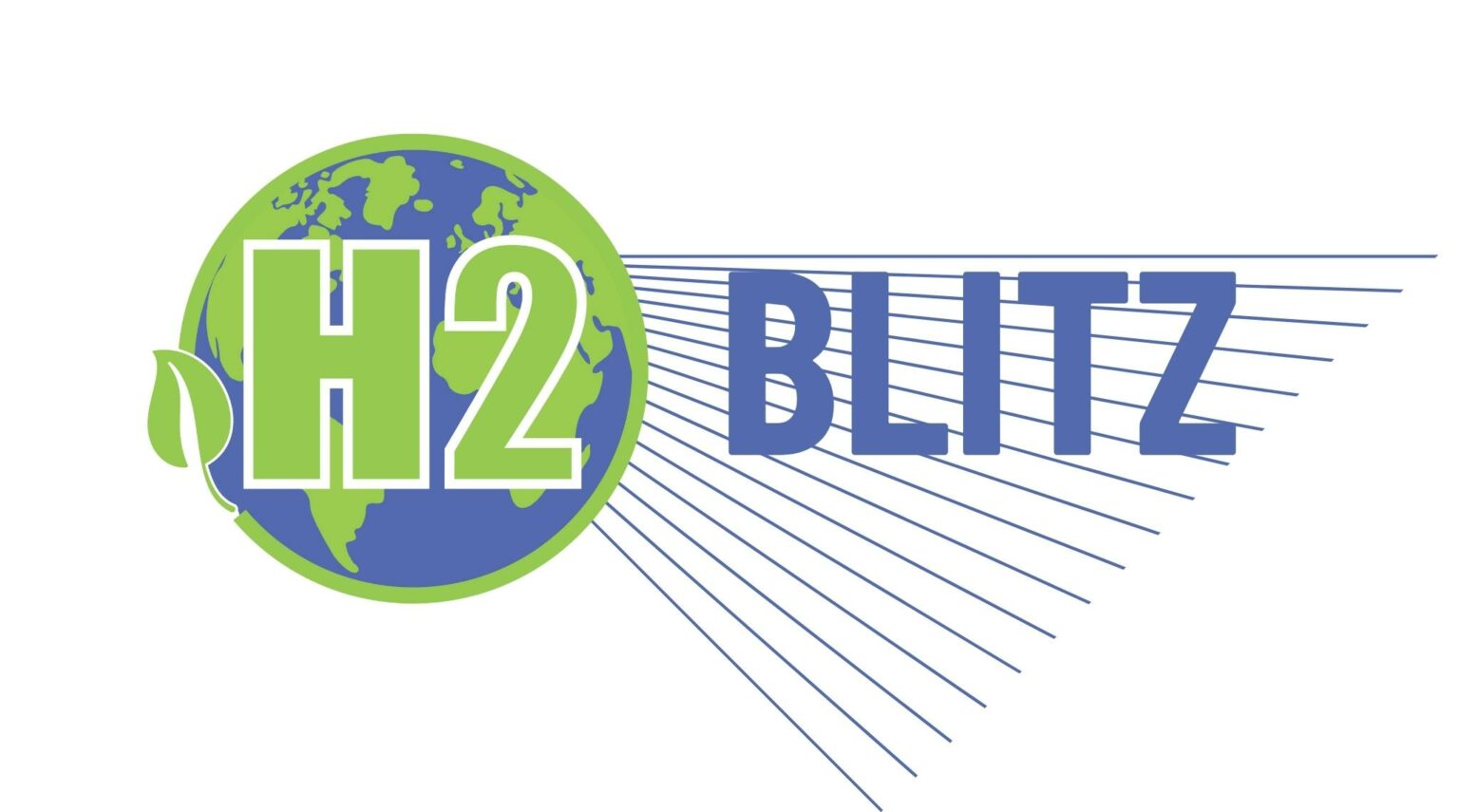Toyota and Kohler design hydrogen fuel cell for hospital use
Toyota Motor North America and Kohler Power Systems, a division of Kohler Energy, have worked together to design and implement a hydrogen fuel cell power generation system at Klickitat Valley Health in Goldendale, Washington.
The fuel cell power system can be utilized as a primary or backup power source, or it can be integrated into a dispersed network. It combines a fuel cell module from Toyota with Kohler’s power generation control platform and system integration capabilities.
APGREEN moves HQ to Seattle
A South Korean business called APGREEN, which specializes in environmentally friendly methods of producing clean hydrogen, has announced that it has moved its headquarters to Seattle, Washington.
This action highlights the company’s dedication to developing environmentally benign hydrogen energy solutions and represents a critical turning point in its entry into the American hydrogen market. The hydrogen solutions offered by APGREEN Hydrogen perfectly complement the policies and activities for sustainability in Washington.
Chinese cities rial hydrogen bicycles
Concerns over the safety of lithium-ion batteries have led to experiments using hydrogen-powered shared bikes in over a dozen Chinese cities.
Residents of at least a dozen Chinese cities can currently rent hydrogen-powered communal bicycles. They provide a safer power source than lithium batteries and make commuting easier than with standard bikes. While some companies are joining the bandwagon in expectation of government rules that will boost the hydrogen industry, others have gambled on them as the next big thing in urban transportation.
KBR SAF technology chosen by Avina Clean Hydrogen for US project
KBR declared that its sustainable aviation fuel (SAF) technology, PureSAF, has been chosen by Avina Clean Hydrogen for their project in the United States. PureSAF technology, created by Swedish Biofuels, is licensed exclusively by KBR globally.
As per the agreement, KBR will supply Avina’s facility with front-end engineering design (FEED), proprietary engineering design, and technology license so that it may produce 120 million gallons of sustainable aviation fuel (SAF) annually.
